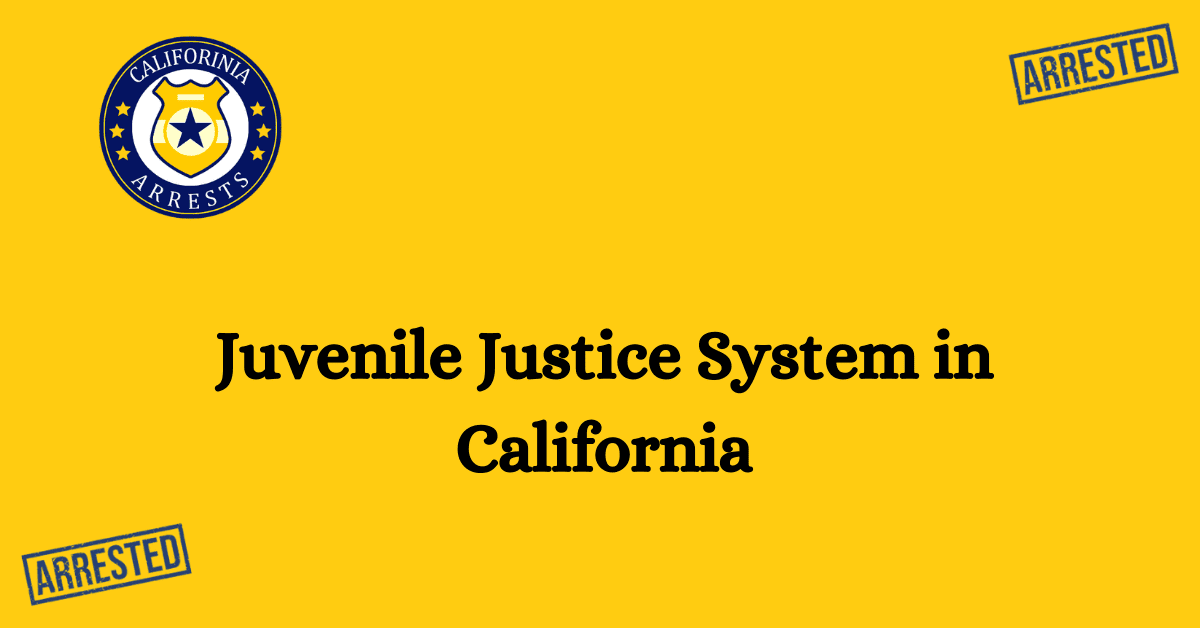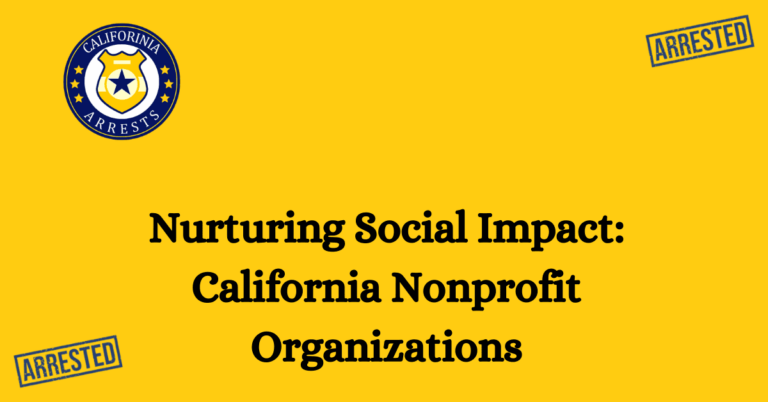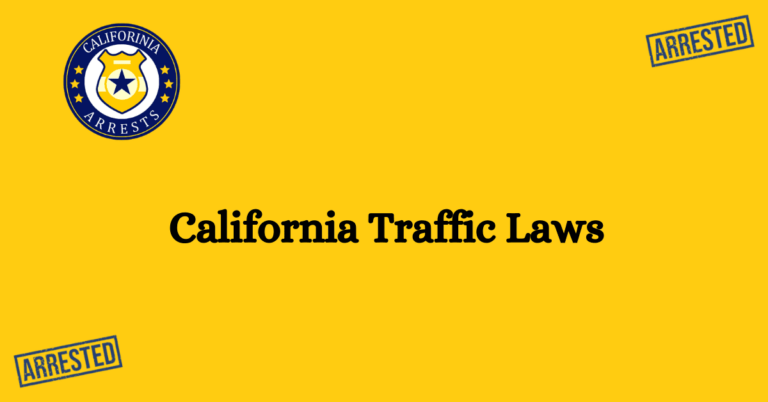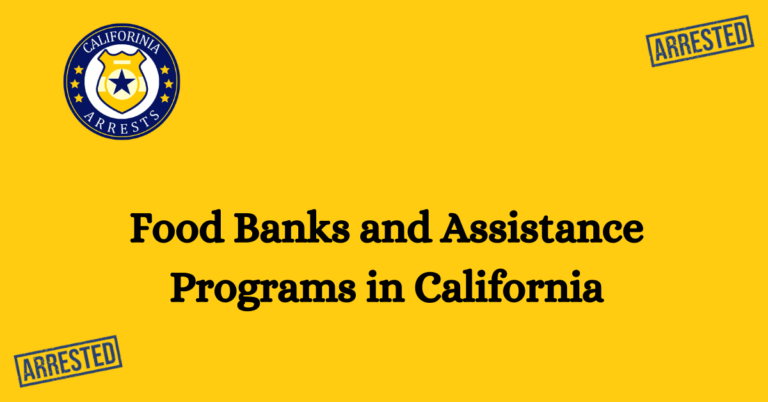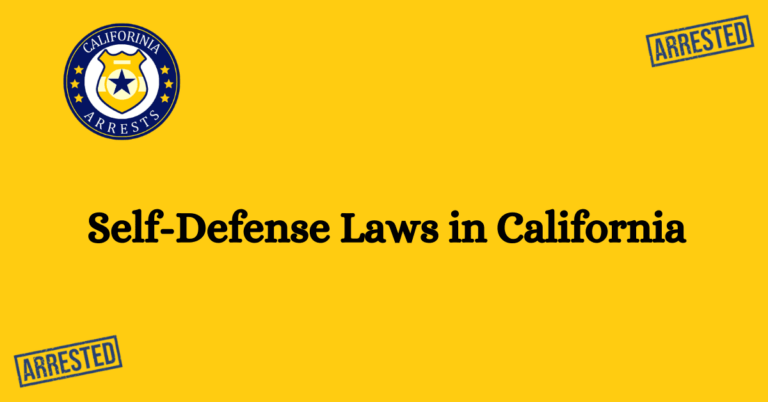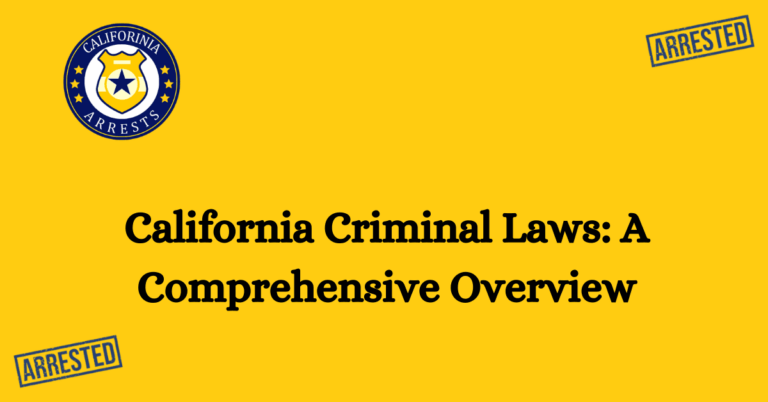Juvenile Justice System in California
The Juvenile Justice System in California is a complex and dynamic entity that plays a crucial role in shaping the lives of young individuals within the state. As one of the largest and most diverse states in the United States, California’s approach to juvenile justice reflects its commitment to ensuring fairness, rehabilitation, and community safety.
With a focus on prevention, intervention, and accountability, California’s Juvenile Justice System aims to address the underlying causes of youth delinquency and provide opportunities for growth and positive change. Through a combination of education, counseling, and rehabilitation programs, the system strives to guide young individuals towards a better future, away from a path of criminal behavior.
Understanding the Juvenile Justice System in California is essential for parents, guardians, educators, and anyone involved in the lives of young individuals. By exploring the various programs, policies, and initiatives in place, we can gain valuable insights into how California is working towards creating a fair and effective system that promotes the well-being and successful reintegration of young offenders into society.
Understanding Juvenile Delinquency
Delinquency among young individuals is a complex issue that requires a comprehensive approach to address its root causes. By understanding the factors that contribute to juvenile delinquency, we can better develop effective strategies for prevention and intervention.
Prevention A Proactive Approach
Prevention plays a crucial role in reducing juvenile delinquency rates. By implementing early intervention programs and fostering a supportive environment, we can empower young individuals to make positive choices and avoid involvement in criminal activities.
Education for Empowerment
Education is a powerful tool in preventing delinquency. By providing young individuals with access to quality education, we can equip them with the knowledge and skills necessary to succeed in life. Additionally, educational programs that promote values such as empathy, respect, and conflict resolution can help shape responsible and law-abiding citizens.
Counseling for Guidance
Effective counseling services are essential in addressing the underlying issues that may contribute to delinquent behavior. By providing guidance and support, counselors can help young individuals navigate challenges, develop healthy coping mechanisms, and make positive choices.
Intervention Guiding Towards Rehabilitation
For those already involved in delinquent behavior, intervention programs aim to redirect their path and promote rehabilitation. By offering opportunities for personal growth and positive change, intervention programs can help young individuals break the cycle of criminal behavior.
Rehabilitation Programs for Reintegration
Rehabilitation programs within the Juvenile Justice System focus on providing young individuals with the skills and support they need to reintegrate into society successfully. These programs may include vocational training, therapy, and mentorship opportunities, allowing young offenders to build a foundation for a brighter future.
Accountability and Restorative Justice
Accountability is a crucial component of the Juvenile Justice System in California. Restorative justice practices aim to hold young individuals accountable for their actions while also providing them with opportunities to make amends and learn from their mistakes. By emphasizing empathy, understanding, and restoration, restorative justice approaches seek to promote healing and prevent future offenses.
Promoting a Fair and Effective System
The Juvenile Justice System in California is continuously evolving to ensure fairness, rehabilitation, and community safety. By supporting initiatives, policies, and programs that prioritize the well-being and successful reintegration of young offenders, we can work towards creating a system that benefits both individuals and society as a whole.
By staying informed about the Juvenile Justice System in California, we can contribute to its ongoing improvement and support the positive development of young individuals. Together, we can create a brighter future for our youth and foster a safer and more just society.
FAQs
What is the Juvenile Justice System in California?
The Juvenile Justice System in California refers to the legal framework and processes in place to handle cases involving minors who have committed criminal offenses. It aims to provide rehabilitation and guidance to juvenile offenders while ensuring public safety.
What age group does the Juvenile Justice System in California cater to?
The Juvenile Justice System in California caters to individuals who are under the age of 18, as they are considered minors under the law. However, there are certain circumstances where individuals who are 18 or older may still fall under the jurisdiction of the system.
What are the goals of the Juvenile Justice System in California?
The Juvenile Justice System in California has several goals, including rehabilitating juvenile offenders, preventing future criminal behavior, ensuring public safety, and addressing the underlying causes that contribute to juvenile delinquency.
What are the different types of interventions used in the Juvenile Justice System in California?
The Juvenile Justice System in California utilizes a range of interventions, including counseling, therapy, probation, community service, educational programs, and in some cases, secure confinement. The specific intervention used depends on the severity of the offense and the needs of the juvenile offender.
How does the Juvenile Justice System in California protect the rights of juvenile offenders?
The Juvenile Justice System in California is designed to protect the rights of juvenile offenders. It ensures that they have access to legal representation, guarantees due process, and safeguards against any form of discrimination or abuse. The system also aims to provide age-appropriate treatment and rehabilitation services.
What is the role of parents or guardians in the Juvenile Justice System in California?
Parents or guardians play a crucial role in the Juvenile Justice System in California. They are involved in the decision-making process, support the rehabilitation of their child, and may be required to participate in counseling or education programs. Their involvement is critical for the successful reintegration of the juvenile offender into society.

